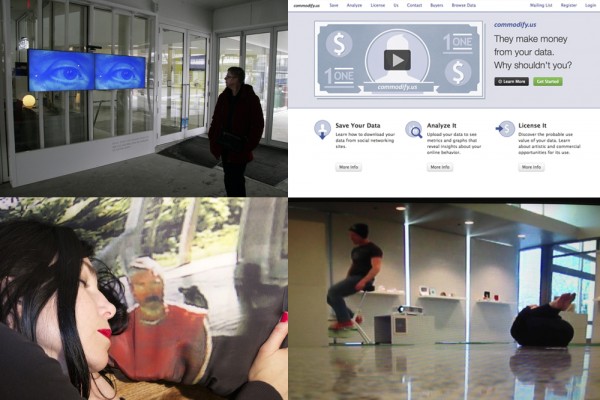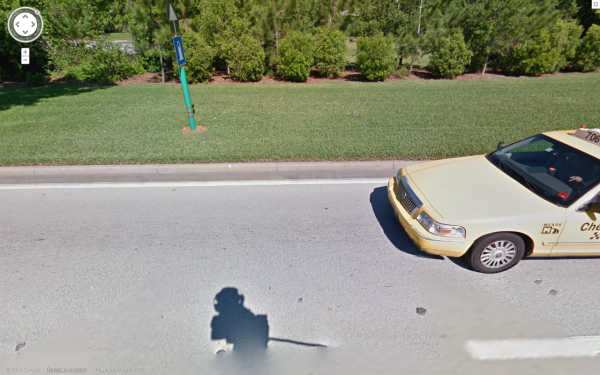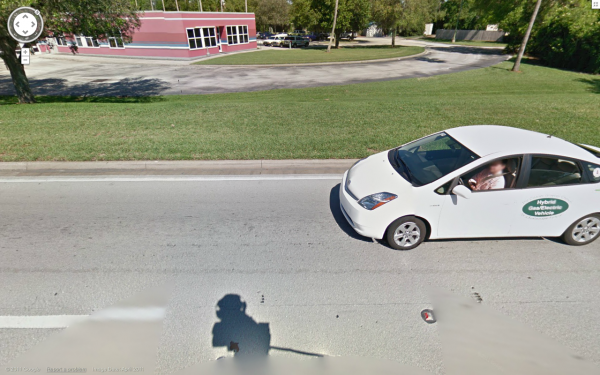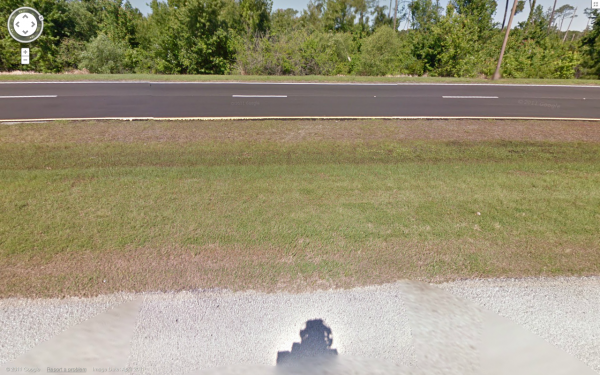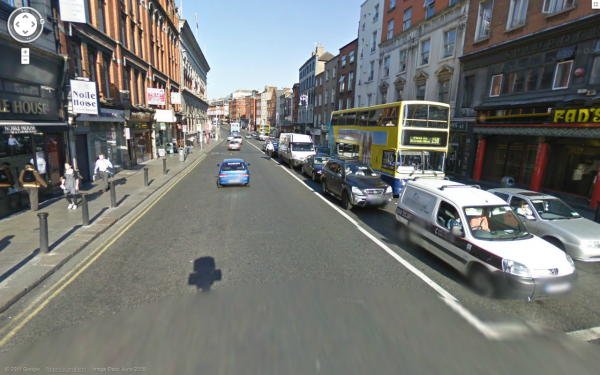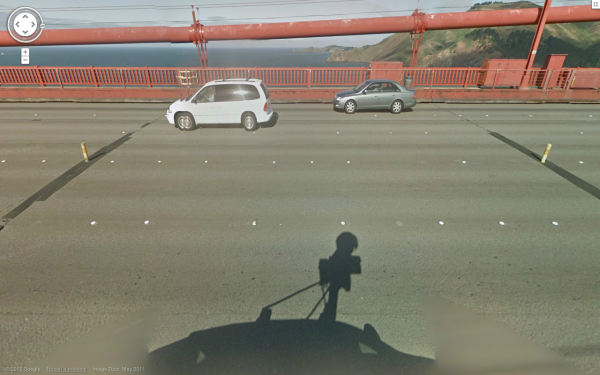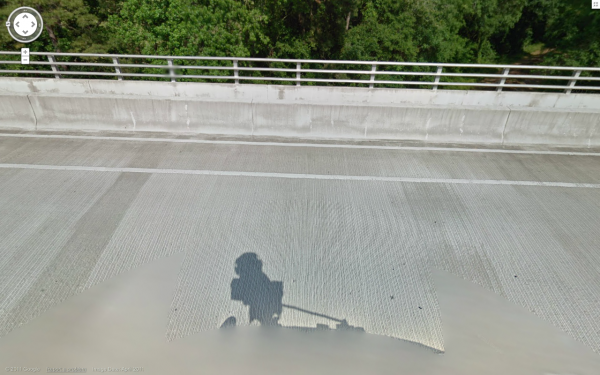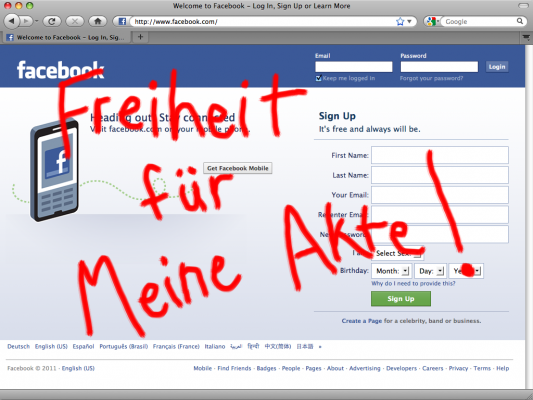Excited to be heading to Lüneberg, Germany, tomorrow for this conference organized jointly by Habits of Living (Brown University, CIS Bangalore) and the Post-Media Lab in conjunction with Stadtarchiv Lüneburg.
January 15-18
Taking Care of Things!
Archives – Life-Cycles – Care
organized by Post-Media Lab/CDC and Habits of Living in cooperation with the Stadtarchiv Lüneburg
Venue: Stadtarchiv Lüneburg, Germany
From the perspective of current theoretical approaches the figure of the archive seems to have lost its central status and its fever. Meanwhile, in our medial and cultural set-up new (kinds of) archives seem to crop up everywhere, accelerated by new means of production and distribution. Cultural repertoires are being remixed alongside technological repositories – often giving new life to almost forgotten relics. Ever more things, valuables, processes, projects, constituencies, even movements, need to be taken care of. It is not only cultural and critical theory that is being challenged, but also law, the natural sciences and design, alongside other applied sciences. But what are the complex dynamics and contexts of these new (non-)archives? Do they really make sense? And if so, by and for whom?
To address these questions, ‘Taking Care of Things!’ focuses on the transformation of things – analog and digital – into life-cycles and specific practices of care. This will be done in different thematic groups dealing with topics, like Mesh Media!, Civil Archaeology, Measure Drones, Unearthing the Archive, Translating Ontologies and Extinction in Context.
This workshop will address such fundamental changes in archiving and objects by generating practices and chances to take care of things. That is, we will seek to extend (or sometimes end) the life-cycle of objects not by simply preserving them (this usually guarantees they will be forgotten), but rather through acts that respond, react, and/or reuse.
‘Taking Care of Things!’ will be based at and operating from the Stadtarchiv Lüneburg, the city’s rich and still to-be-further-explored archive, headed by Danny Kolbe.
‘Taking Care of Things!’ will start Wednesday evening (Jan 15) with a public talk by Kelly Dobson (Brown University) and followed by short introductions by Oliver Lerone Schultz, Nishant Shah and Wendy Chun to set the scene for the following days. Clemens Apprich together with Marcell Mars will then turn the evening into a Public Library, offering the first charge of Post-Media Lab publications as free downloads.
Thursday and Friday (Jan 16-17) will be reserved for intensive exchanges and workshops among the invited participants, all of whom deal very differently and critically with post-medial (non-)archives. There will be the opportunity to interface with the Lüneburg public, assembling archival objects of different kinds. On Saturday (Jan 18) all these activities will culminate in a public presentation and fair under the umbrella of ‘Parliament of Things’ held at the Stadtarchiv.
‘Taking Care of Things!’ will create multiple interweavings not only with the rich repository of the Stadtarchiv, but also with the multiple potentials of existing and new collaborations around the Center for Digital Cultures – possibly starting some repositories that will carry on into a future, where the Post-Media Lab will have been supplanted by other, new life-cycles.
‘Taking Care of Things!’ is a collaborative event between Habits of Living (Brown University, CIS Bangalore) and the Post-Media Lab in conjunction with Stadtarchiv Lüneburg.
This event will mark the conclusion of the first life-cycle of the Post-Media Lab by bringing together former fellows and new participants.
Among the participants are: Adnan Hadzi and James Steven (DeckspaceTV), Femke Snelting and Michael Murtaugh (Constant/Active Archives), Eric Kuitenberg and David Garcia (Tactical Media Files), Boaz Levin and Daniel Herleth and Adam Kaplan (The Rise of Data), Fabian Giraud and Inigo Wilkins (Glass Bead), Jonathan Kemp and Martin Howse („Stack, Frame, Heap –SFH)”, as well as Memory of the World (Marcell Mars), Mathias Fuchs (Gamification Lab), Cornelia Sollfrank (Giving What You Don´t Have), Hauke Winkler (Freifunk Lüneburg), Robert Ochshorn (InterLace), Tapio Makela (M.A.R.I.N.) [had to cancel bec of illness], Fabrizio Augusto Poltronieri (MaisZero), Rodrigo Novaes (Flusser Archiv/UdK), Owen Mundy, Kristian Lukic (NAPON), Vahida Ramujkic (irational), Volker Grasmuck (CDC/Grundversorgung 2.0), Kilian Froitzhuber (netzpolitik.org), Vincent Normand, Jeremy Lecomte, Ida Soulard, Erich Berger, Connie Mendoza, and more.
Coordination & Care
Christina Kral: christina.kral@inkubator.leuphana.de
Oliver Lerone Schultz: oschultz@leuphana.de
Team
Wendy Chun, Nishant Shah, Clemens Apprich, Josie Berry Slater, Anthony Iles; and Nora Hannemann, Sina Hurnik, Nina Kersten, Ann-Kathrin Wagner, Nicolas Schrape

